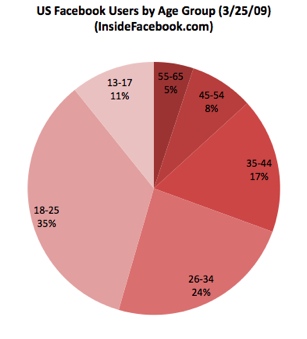The e-Learning Show
Regular readers will know of our slightly irreverent, somewhat wacky fun LIVE internet radio show, The Sounds of the Bazaar. We like making Sounds and form feedback we gather our listeners enjoy it too.
But, for some time now, we have been wanting to branch out and make other types of programmes. We experimented with two documentary programmes, The Dragons Den, earlier this year.
And now Jisc has commissioned a pilot of a new programme, the e-learning show. The pilot programme will be broadcast next Thursday, 21 May at 1800 UK Summer Time, 1900 Central European Time.
The following blurb provides the rundown for the show:
“Thursday, 21 May sees the pilot programme of a new Jisc live internet radio programme, ‘the Elearning Show’. The programme which is to be broadcast at 1800 – 1855 UK summer time, is based on issues raised at the recent Jisc Lifelong Learning Symposium.
These issues include how university and college cultures need to change to support work based learning, who the new students are and what are their needs, how e-Portfolios can be used both for recording learning and for providing information, advice and guidance and the use of mobile technologies.
The programme considers both current and emergent practices in elearning and the development of policies to support such practice.
The programme will be presented by Graham Attwell and guests include Derek Longhurst from Foundation Degree Forward, Clive Church from Edexel, Lucy Stone from Leicester College, Tony Toole from the University of Glamorgan, Bob Bell, HE in FE consultant for the northern region, Sandra Winfield from Nottingham University and Rob Ward from the Centre for Recording Achievement
The programme will also feature a live panel. with the opportunity for listeners to skype or email their questions and comments and their will be a live chat room for listeners.
To listen to the programme go to http://radio.jiscemerge.org.uk:80/Emerge.m3u This will open the LIVE radio stream in your MP3 player of choice.
You can take part in the chat room at http://tinyurl.com/sounds08. Just add your name and press enter – no password required.
If you like to send us questions for the panel in advance of the programme, email Graham Attwell – graham10 [at] mac [dot] com or skype to GrahamAttwell.”
Although the programme is based on developments in the UK many of the issues to be discuassed on the programme will have relevance for listeners interested in the use of technologies for learning wherever they are.
And if you are missing the old Sounds of the Bazaar, don’t worry, we haven’t gone away. The next programme planned in that series will be broadcast live from the ProLearn european Summer School in Slovakia in the first week of June. Further details as soon as we can agree on a timeslot for the programme.

